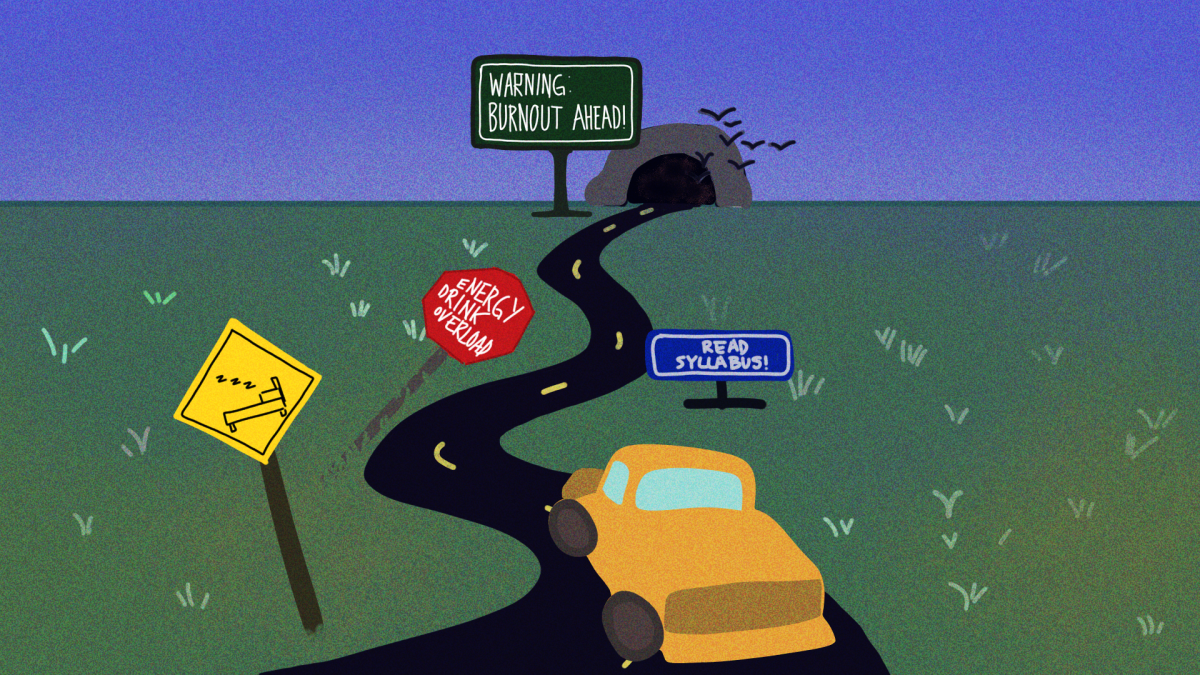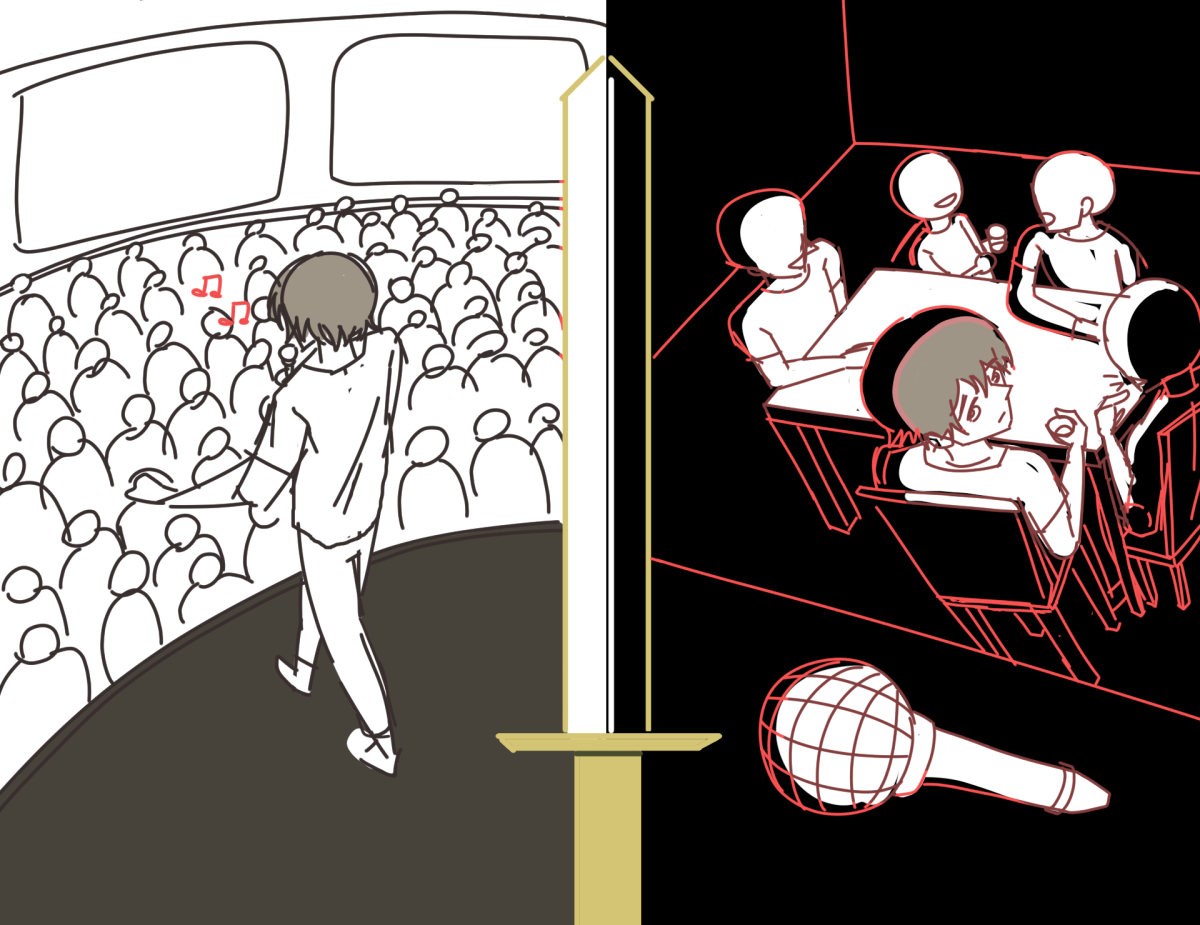For incoming freshmen, Wolfpack Welcome Week is a time to explore our interests, settle into university life, and meet interesting new people. Invariably, the process of friend-making involves the endless repetition of one’s name, major and residence hall. Yet for incoming physics students, this seemingly lighthearted icebreaker acquires a more somber tone when our fellow conversants warn of the death, doom, and kilonewtons of homework that await us in the very first class of our college careers, PY 201.
In many respects, both academic and personal, college is a step up from high school for all students; in turn, all students brace themselves for some increase in difficulty at the collegiate level. However, hearing the words of upperclassmen, a physics student would seem best advised to, in the words of Dante, “abandon all hope, ye who enter here.” Such woeful predictions serve only to inspire fear in the already anxious hearts of freshmen, rather than to encourage them to follow their intellectual ambitions, wherever they may lead.
Sure, physics is a rigorous discipline and involves copious amounts of math, but this certainly doesn’t justify a resounding death knoll. The reason may lay in high schools’ lack of adequate physics education.
According to a 2013 study by Horizon Research, Inc. — a Chapel Hill firm that performs research in STEM education — while 85 percent of US high schools offer some level of physics, only 34 percent offer courses at the AP level. Yet even these AP courses are often insufficient, as physics at the university level is almost exclusively calculus based, whereas in high school, only AP Physics C, offered by a measly 12 percent of high schools, performs this function.
This deficit of proper physics instruction in our nation’s high schools is likely a key contributor to the legendary difficulty of the physics degree. That is, even students who did well in their previous classes are shocked to discover that high school physics operates not merely on a lower conceptual level, but utilizing an entirely distinct mathematical framework from that expected in collegiate physics.
While the transition from high school to college physics may be a bit more jarring than other transfers, this phenomenon cannot be the only reason for the major’s reputation. After all, anyone who survives the onslaught of warnings must be somewhat confident in their own intelligence and resourcefulness to see them through.
When a student scrolls through the semester-by-semester plans for various science majors, a discrepancy becomes apparent. Physics students’ first physics class is PY 201, which is designed exclusively for those in the major.
Meanwhile, chemistry and mathematics, for instance, both begin with CH 101 and MA 141. This curricular isolation means that while the tutorial center has plenty of resources for CH 101 and MA 141, which practically every science and engineering major is required to take, the only resources available to PY 201 students are those provided by the physics department. Although the department provides options for those in need of assistance, the lack of a large body of sympathetic ears can amplify the difficulty of the physics student’s course load.
With all the complications that confront the average physics major, many of our peers are simply baffled as to why we would drag ourselves through the program. While every student’s motivation is unique to them, for me, it was the complexity that drew me to physics. Physics attempts to answer the most substantive questions humanity asks. How did we get here? What is the nature of reality? Where does our future lead?
Certainly, I could have studied a different subject — and maybe, had fewer headaches — but no but no other pursuit could have ensnared my curiosity and search for meaning as completely as the study of the deep laws of the universe. Molecules and mathematics are alluring, yet nowhere near as compelling as the intricacies of the world’s hidden clockwork, spelled out in concise, elegant formulae. Physics is where my passion lies, just as some students’ passions lie in political science, agriculture or business.
NC State offers a supportive environment, where we are free to pursue our passions, hone our skills, and shore up our weaknesses. We each possess expertise in different realms of academia and life. By engaging in thoughtful discourse and reinforcing an atmosphere of open collaboration, we can support each other in realizing our personal college goals.





